Established in 1988, Chattanooga Endeavors is the first and longest-serving re-entry program in East Tennessee. #Chattanooga #SecondChances #IntegrativeJustice
Chattanooga Endeavors Tweet
A Fresh Start
Our original project in Chattanooga was an intentional community called Dismas House, which served as a state approved halfway house for Tennessee prisoners and as off campus housing for university students from 1988-2000.
The first Dismas House was established in Nashville 51 years ago as an extension of the Vanderbilt Prison Project. One of Tennessee’s earliest organized responses to the challenging circumstances prisoners face when returning to their hometowns, the project was a living testament to the deep conviction of its founder, Father Jack Hickey, O.P., in the need for reconciliation and the value of community. He believed that university students and released prisoners — both in the middle of significant life transitions — could learn and grow together if they were given the opportunity to get to know each other in the context of community. This meant living together in more than a superficial way. And it resulted in a model that shared many of the characteristics of the therapeutic communities which were so effective in helping POWs adjust to civilian life after World War II. It was also, as Father Jack points out in his final homily, a vital sign of God’s grace brought forth inn the simple act of standing in compassion with those who are struggling.
Relying on a democratic, user-led form of decision-making, the Dismas House model experienced a great deal of early success helping people to rebuild their lives after prison. And, because it involved a large number of volunteers from the surrounding community, it also experienced a great deal of success educating the public about the role of ordinary citizens in effective reentry efforts. As a result, the model spread to other cities where people were searching for ways to address serious reentry concerns associated with a rapidly increasing prison population.
The model was instituted in Chattanooga as the result of a promise made in 1986 by a group of local businessmen to Father Jack, who at the time was terminally ill with cancer. Two years after that promise, prisoners from the local Work Release Center completed renovations on a seven bedroom house in the Ridgdale neighborhood and the doors of the Chattanooga Dismas House were opened to its first generation of residents. Although Father Jack did not survive to see it, the Chattanooga project had expanded his network to cover the entire state of Tennessee.
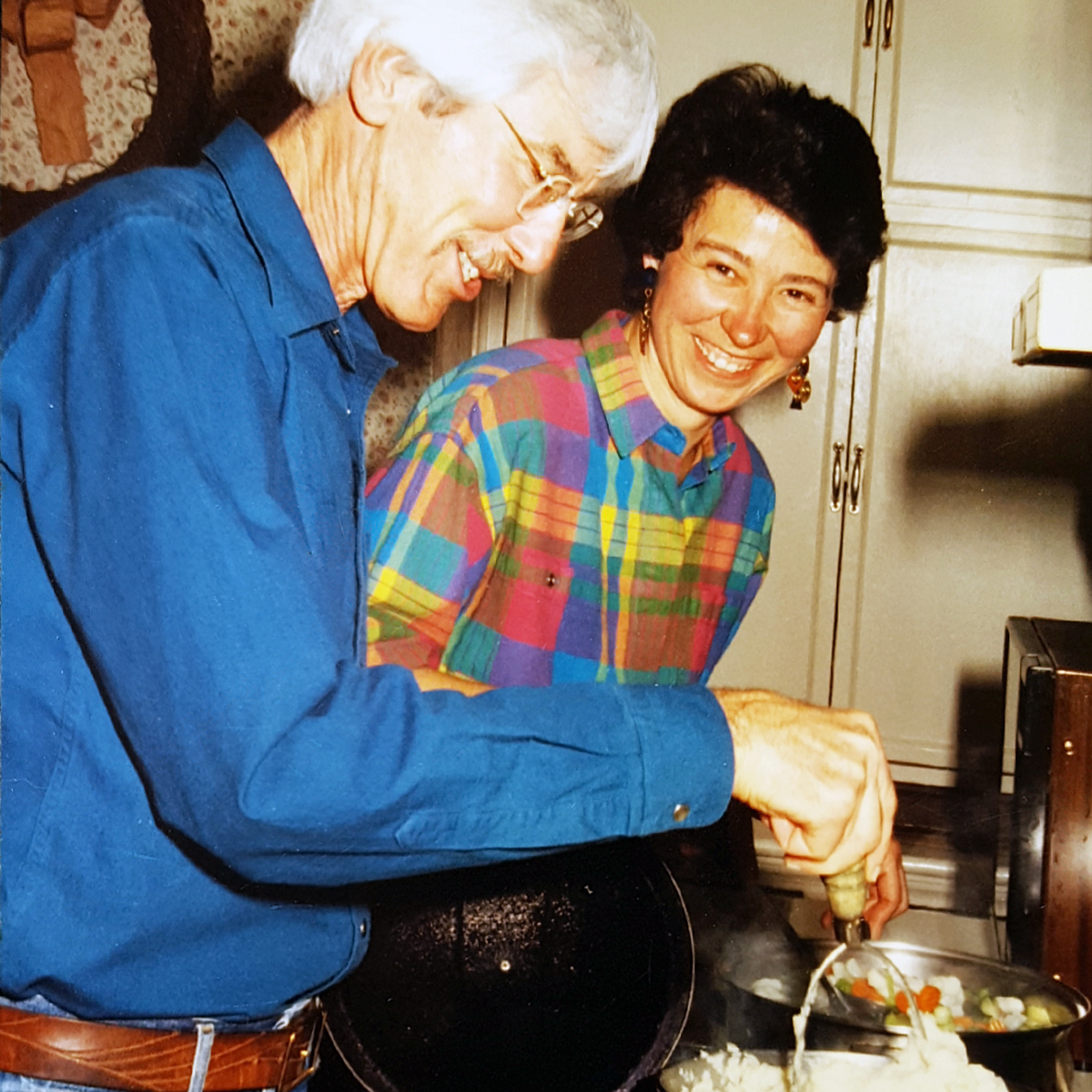
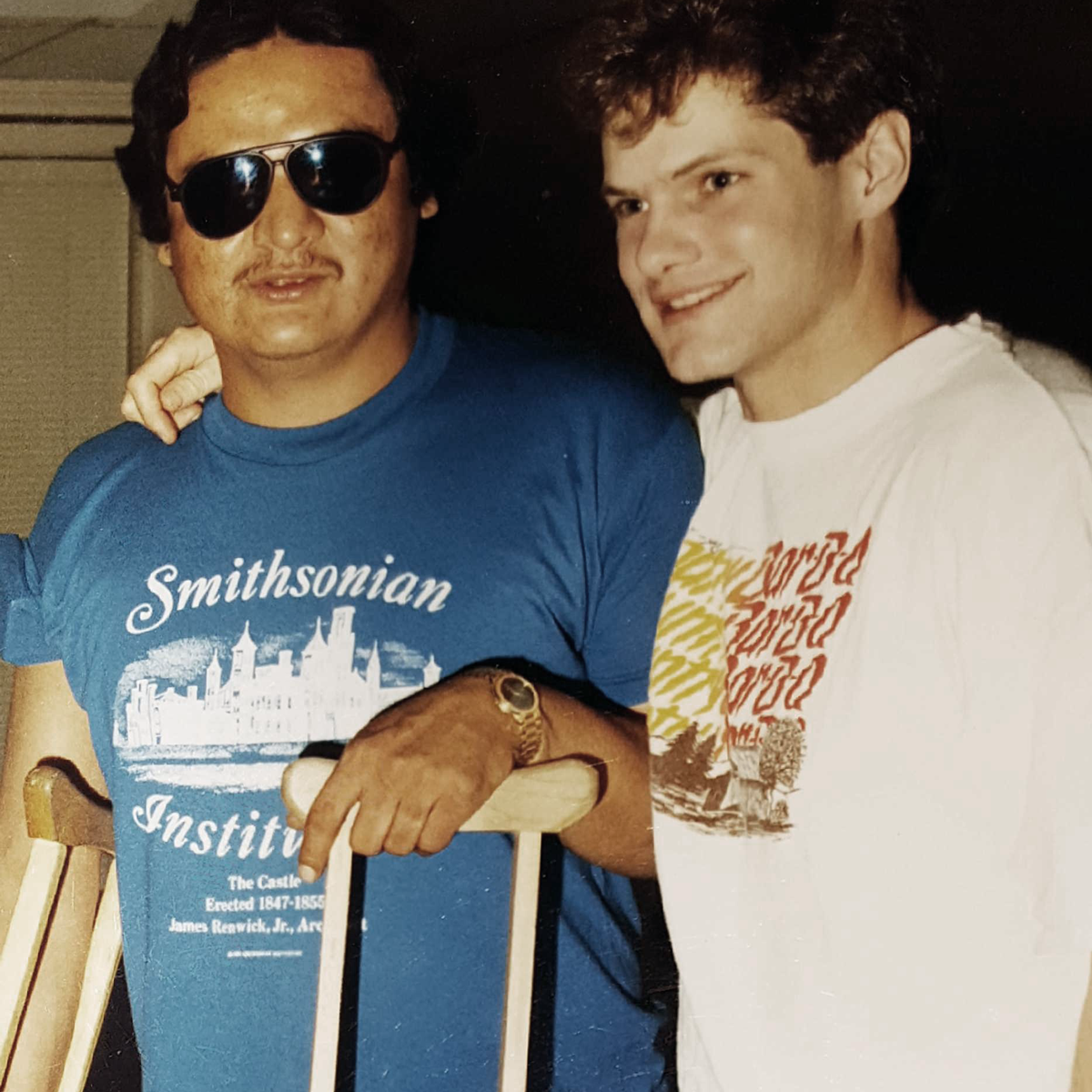
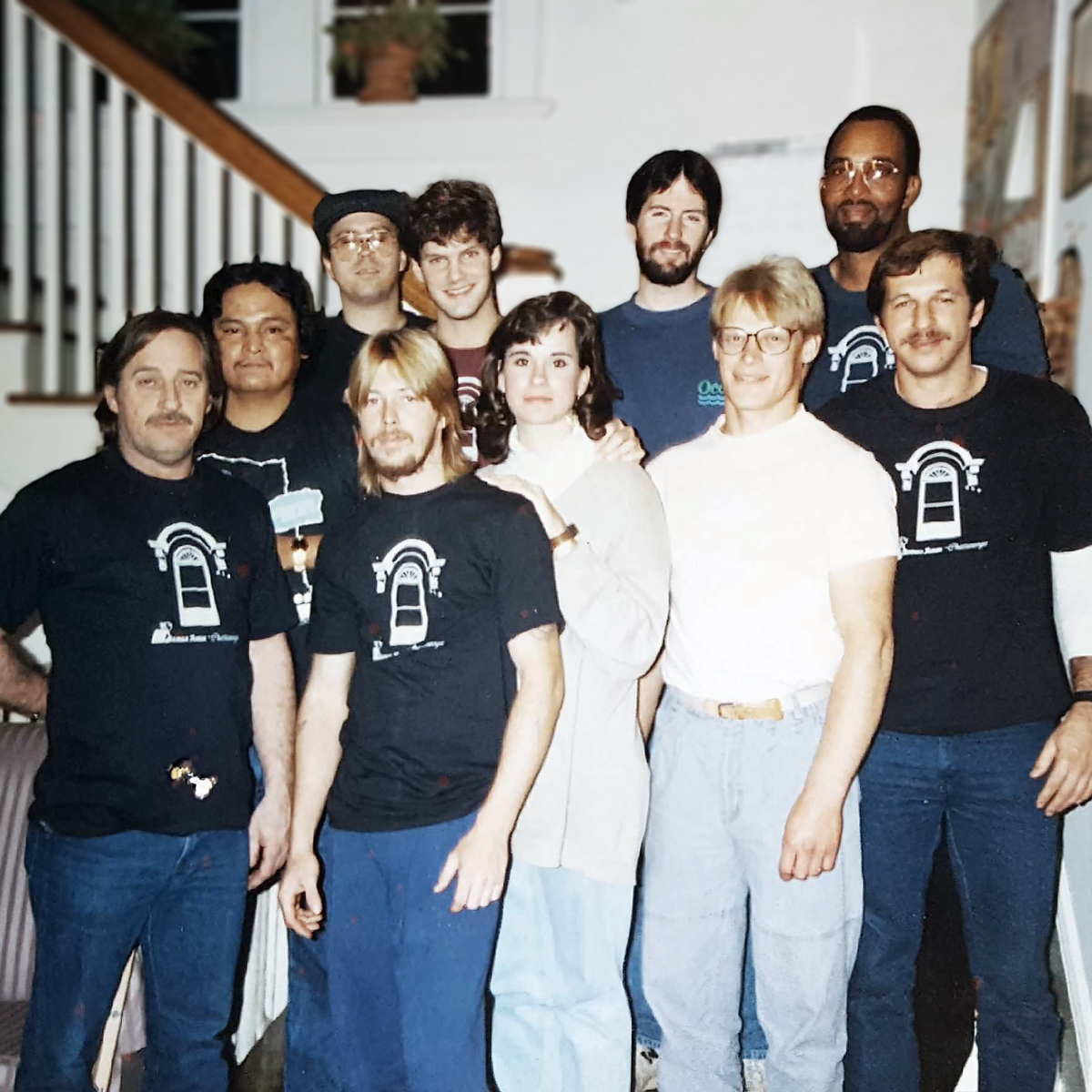
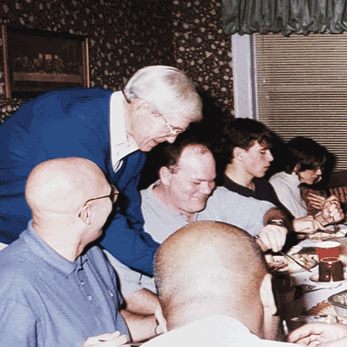
Beating crime with Opportunities
In it’s purest form, the Dismas House model views authoritarian practices as subverting human dignity and undermining the natural currents of community. Instead, residents use a form of consensus to create a culture of extraordinary respect within which participatory decision-making is possible. This enables residents — students and former offenders alike — to become active stakeholders in both the management of the community and in each other’s well-being. The model is supported rather than directed by a professional staff, which interfaces with the criminal justice system and takes care of the daily responsibilities of running an efficient nonprofit organization. This prevents external policy-steering by people who have power over the community but who are not directly impacted by it — which tends to destabilize democratic models and limit their therapeutic effect.
Although the Chattanooga Dismas House was closed in 2000, the project endowed its succeeding organization, Chattanooga Endeavors, with a set values that continue to frame the organization’s mission of second chances — and are summed up in the following observation of Father Jack’s.
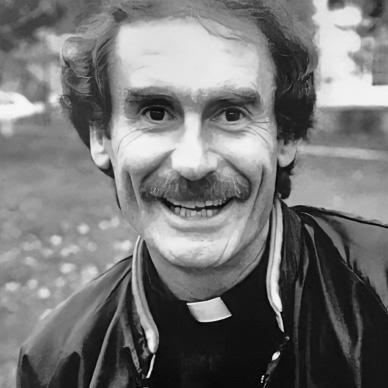
This sentiment continues to animate the efforts of Chattanooga Endeavors today.
